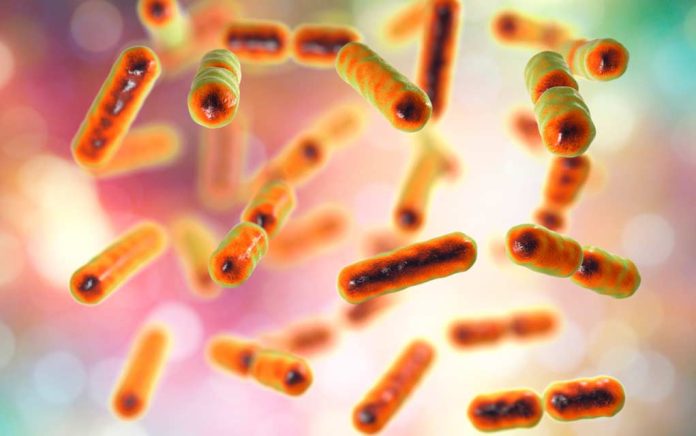
(HealthyResearch.com) – We’re each home to anywhere between 30 and 400 trillion microbes, with the bulk of them living in the gut. The types, numbers and diversity of these microscopic helpers can vary dramatically from person to person. Previous research has shown a person’s microbiome can reflect specifics, such as sex and geographic location — but according to new findings, it can say a lot more about you than that.
Tracking the Human Lifespan
The American Society for Microbiology recently published an article on differences that often occur within the microbiome as we age. Comparing 8,959 fecal, skin and saliva samples from people across multiple demographics across the world, the researchers found they could predict a person’s age range based on the types of microbes present. Samples taken from people between 18 and 30 years old, for example, had notably greater microbe diversity than samples taken from people 60 and older.
But, depending on the sample location, researchers were able to get far more specific than that. They found microbes in the skin samples could determine a person’s age within a 3.8-year margin of error. The saliva samples came close, able to predict a person’s age within a 4.5-year window. Of the three types, fecal samples were the least accurate, predicting a person’s age within 11.5 years. Researchers hope to use this information to help determine how well a person is aging and whether they’re at risk for certain diseases.
The Search for Lifesaving Differences
An article recently published in eLife explains that we slowly acquire disease-causing microbes throughout our life. Then, as we get older, we slowly lose the ones that help us fight off unhealthy effects like inflammation. The combination of the two can contribute to several age-related diseases.
After adjusting for age-related changes, an analysis of a person’s microbiome might be able to pinpoint specific conditions like inflammatory bowel disease, intestinal polyps, colorectal cancer, cirrhosis of the liver and type 2 diabetes. This list is likely to grow as we learn more about the changes that occur throughout the human lifespan and how those differences can affect people depending on sex, diet and geographic region.
Your microbiome could be the single most important component of your health. It’s a good portion of who you are and capable of affecting — and reflecting — how you age. Take good care of it, and it’ll be more apt to return the favor.
~Here’s to Your Health & Safety!
Copyright 2020, HealthyResearch.com
















